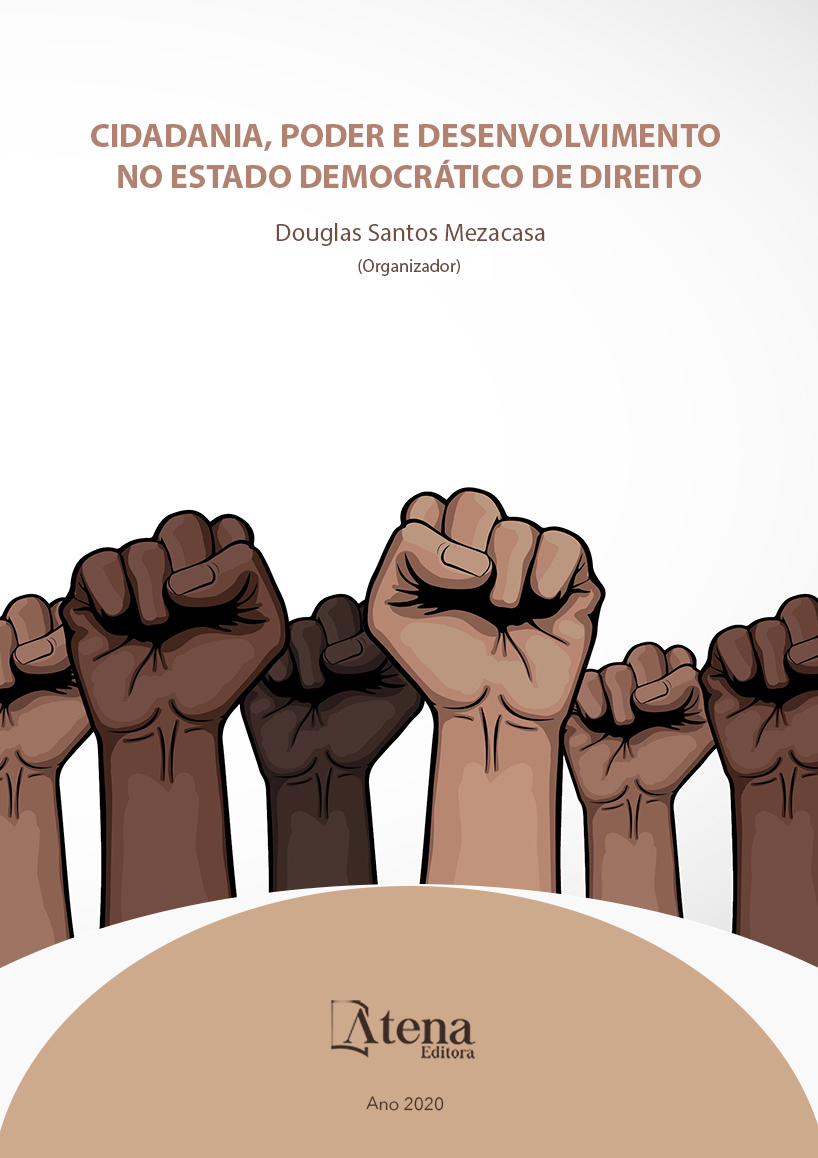
DISCURSO DE ÓDIO E LIBERDADE DE EXPRESSÃO PARA O EXERCÍCIO DO MANDATO: POR UMA LEITURA CONSTITUCIONALMENTE ADEQUADA DA IMUNIDADE MATERIAL DOS PARLAMENTARES
O presente trabalho pretende contrastar a imunidade material dos congressistas garantida no rol do art. 53, caput, da Constituição da República Federativa do Brasil de 1988 (CRFB/88) com os princípios, garantias, direitos e deveres para o uso da internet no Brasil assegurados pela Lei n. 12.965/2014. Isto é, analisaremos o atual entendimento doutrinário, bem como o entendimento exarado na jurisprudência do Supremo Tribunal Federal (STF) sobre a imunidade material de deputados e senadores com o fito de vislumbrarmos qual deveria ser o posicionamento constitucionalmente adequado quando diante da hipótese de discursos de ódio proferidos por parlamentares em suas mídias oficiais. Para tanto, partiremos da distinção entre liberdade de expressão e discurso de ódio demonstrando que o projeto constituinte inaugurado no Brasil a partir da promulgação da CRFB/88 não admite discursos de ódio como faceta de um suposto exercício do direito fundamental à liberdade de expressão. Demonstraremos, ainda, que uma leitura constitucionalmente adequada do direito à liberdade de expressão para exercício do mandato não deve ser exercida como obstáculo ao exercício dos demais direitos fundamentais consagrados no texto constitucional exigindo-se, assim, a responsabilização como a outra face inseparável da liberdade de expressão.
DISCURSO DE ÓDIO E LIBERDADE DE EXPRESSÃO PARA O EXERCÍCIO DO MANDATO: POR UMA LEITURA CONSTITUCIONALMENTE ADEQUADA DA IMUNIDADE MATERIAL DOS PARLAMENTARES
-
DOI: 10.22533/at.ed.3842012059
-
Palavras-chave: Discurso de ódio; Estado Democrático de Direito; Imunidade parlamentar; Liberdade de Expressão;
-
Keywords: Hate speech; Democratic state; Parliamentary immunity; Freedom of expression;
-
Abstract:
This study intends to contrast the congressmen’s material immunity provided in article 53 of the Constitution of the Federative Republic of Brazil (CRFB / 88) with the principles, guarantees, rights and duties for the use of the internet in Brazil ensured by Law 12.965 / 2014. Therefore, we will analyze the current doctrinal understanding as well as the the Brazilian Supreme Court’s (STF) jurisprudential understanding regarding the material immunity of deputies and senators in order to envision what should be the constitutionally adequate position in face of the hypothesis of hate speech being proffered by congresspeople in their official media. Therefore, we will start by distinguishing freedom of expression from hate speech, demonstrating that the constituent project inaugurated in Brazil with the promulgation of CRFB / 88 does not admit hate speech as a facet of an alleged exercise of the fundamental right to freedom of expression. It will also be demonstrated that a constitutionally adequate reading of the right to freedom of expression for the exercise of the mandate should not be exercised as an obstacle to the exercise of other fundamental rights enshrined in the constitutional text, thus, requiring accountability as another inseparable face of freedom of expression.
-
Número de páginas: 14
- Frederico Machado Marques
- Almir Megali Neto
- Flávio Couto Bernardes


